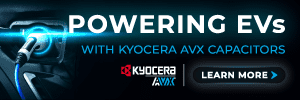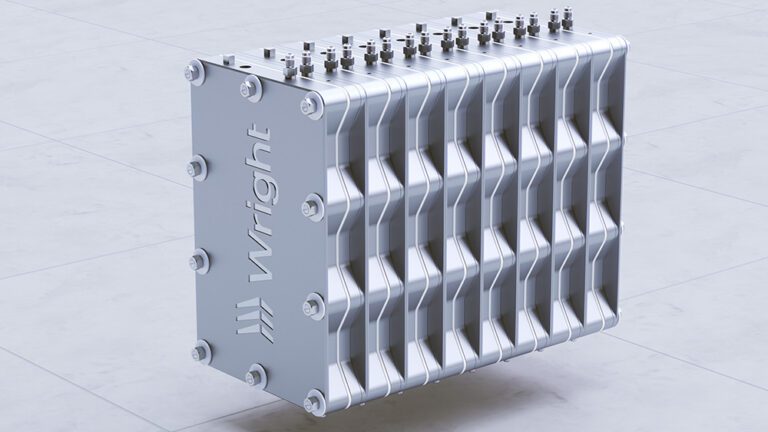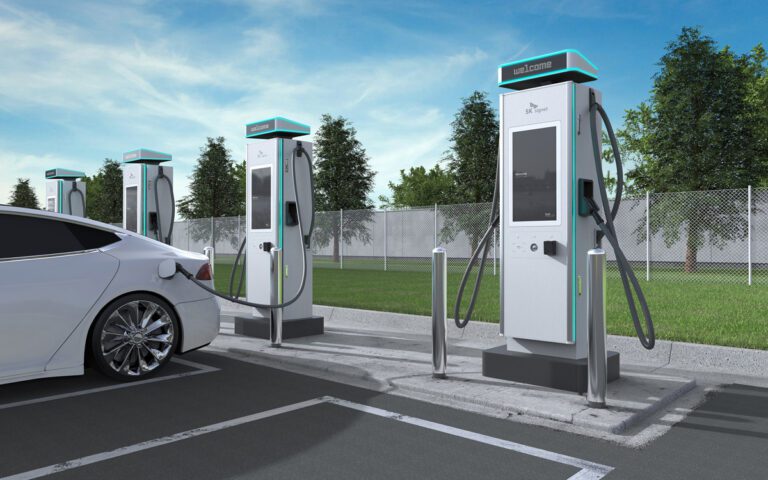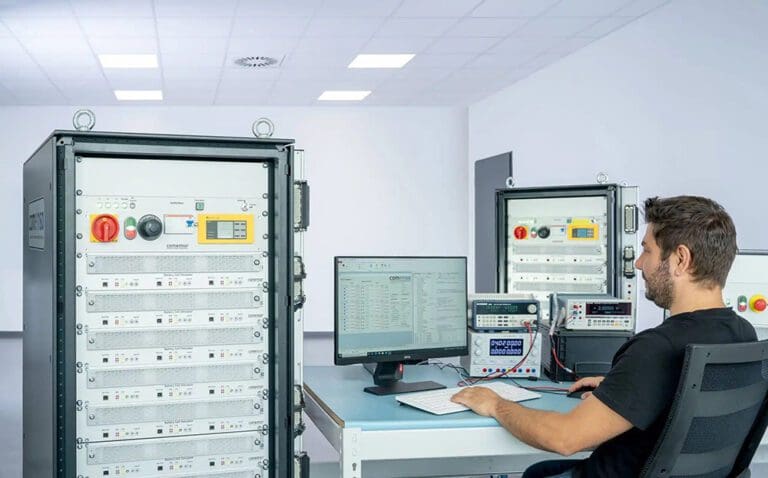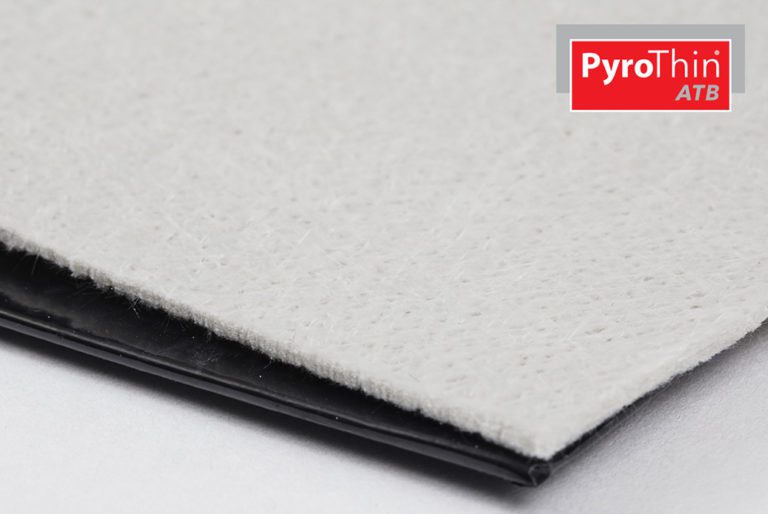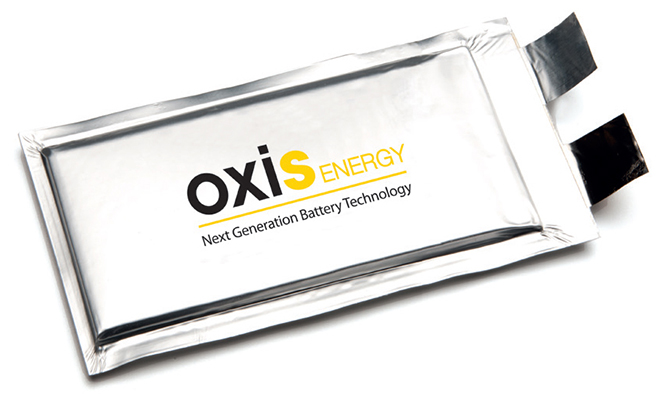We’ve seen a number of EV startups that delivered a lot of hype, but few if any vehicles. For a while, we were tempted to place Canoo in that category, but now the company has begun deliveries of its electric LDV130 commercial van, as part of a large order from Kingbee, a national provider of… Read more »
Search Results Found For: "NASA"
Wright Electric aims to develop EV battery with 1,000 Wh/kg specific energy
Wright Electric, provider of electric propulsion systems for regional aircraft, has launched an initiative to develop batteries targeting 1,000 watt hours per kilogram (Wh/kg) pack-level specific energy. “When I founded Wright, the best vehicle batteries had [specific energy] below 250 Wh/kg,” said Jeff Engler, CEO of Wright. “Now several large manufacturers are advertising cells at… Read more »
Electric Era raises $11.5 million to scale production of its EV fast charging stations for convenience stores
Electric Era, the manufacturer of PowerNode EV fast charging stations, has raised $11.5 million in a Series A financing round led by HSBC Asset Management. Other participants include SQM Lithium Ventures, Blackhorn Ventures and Proeza Ventures. The new funding brings the company’s total funding to $19 million. Electric Era will use the new funding to… Read more »
Electric Power Systems to provide aviation battery system for Elfly’s electric seaplane demonstrator
The Norway-based Elfly Group is building an electric amphibious aircraft, inspired by the venerable de Havilland Twin Otter and Grumman’s Mallard. The Noemi seaplane is designed for 200-kilometer air journeys, and will be powered by two electric motors with up to 1 MW combined output. A prototype is expected to make its first flight in… Read more »
Comemso’s new testing solution for EV battery management systems
Comemso Electronics has announced a modular system for testing battery management systems (BMS), combined with a comprehensive new graphical interface for parameterization and visualization of the BMS test process. The BMS is a vital component of an EV—it continuously monitors and measures the battery pack, including state of health and state of charge. BMS designs… Read more »
Don’t just delay cell-to-cell thermal propagation, stop it.
Sponsored by Aspen Aerogels Battery engineers face the daunting challenge of maximizing thermal runaway protection while optimizing vehicle performance. This task becomes even more critical as cell-to-pack and cell-to-chassis designs increase in popularity because manufacturers lose the added protection that can be built into a module-based design. Although newer chemistries such as LFP and solid-state… Read more »
Britishvolt acquires German battery cell manufacturer EAS
Battery cell pioneer Britishvolt has agreed to buy Monbat Group subsidiary EAS, a cell manufacturer based in Nordhausen, Germany. The deal values EAS at €36 million. EAS has over 25 years of experience in developing and producing large-format cylindrical lithium-ion cells from 7.5 Ah to 50 Ah. Its products are used in aerospace, defense, marine… Read more »
Nissan unveils prototype production facility for solid-state batteries
Nissan has unveiled a prototype production facility for laminated all-solid-state battery cells, which the company aims to bring to market in 2028. This prototype facility, within the Nissan Research Center in Kanagawa Prefecture, is designed to promote the development of solid-state-batteries. Nissan plans to establish a pilot production line at its Yokohama Plant in 2024,… Read more »
United Mineral & Chemical acquires Pred Materials
United Mineral & Chemical (UMC), a supplier of semiconductor materials, has acquired Pred Materials International (PMI), a corporation serving energy storage, structural ceramic and electronic materials markets. PMI joins UMC’s Deposition Products Group in Lyndhurst, New Jersey. Alexandre Leviant, CEO of ICD Group, the parent company of UMC, said, “The acquisition of Pred Materials enhances… Read more »
OXIS Energy to power luxury yacht with Li-S batteries
Yachts de Luxe (YdL) of Singapore has signed a ten-year contract with Oxis Energy valued at $5 million to build the world’s first luxury boat to be powered by Lithium-Sulfur (Li-S) batteries. The objective is to achieve a range of 70 to 100 nautical miles at cruising speed. Oxis will work with YdL to design… Read more »






